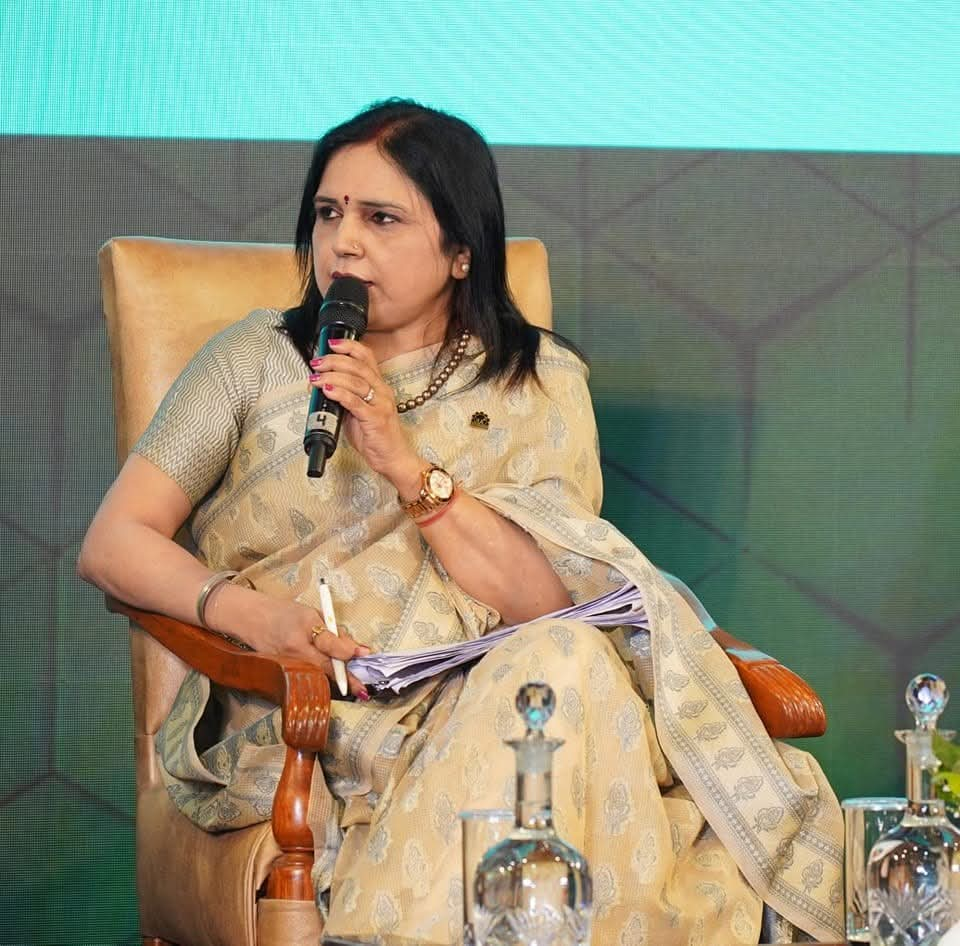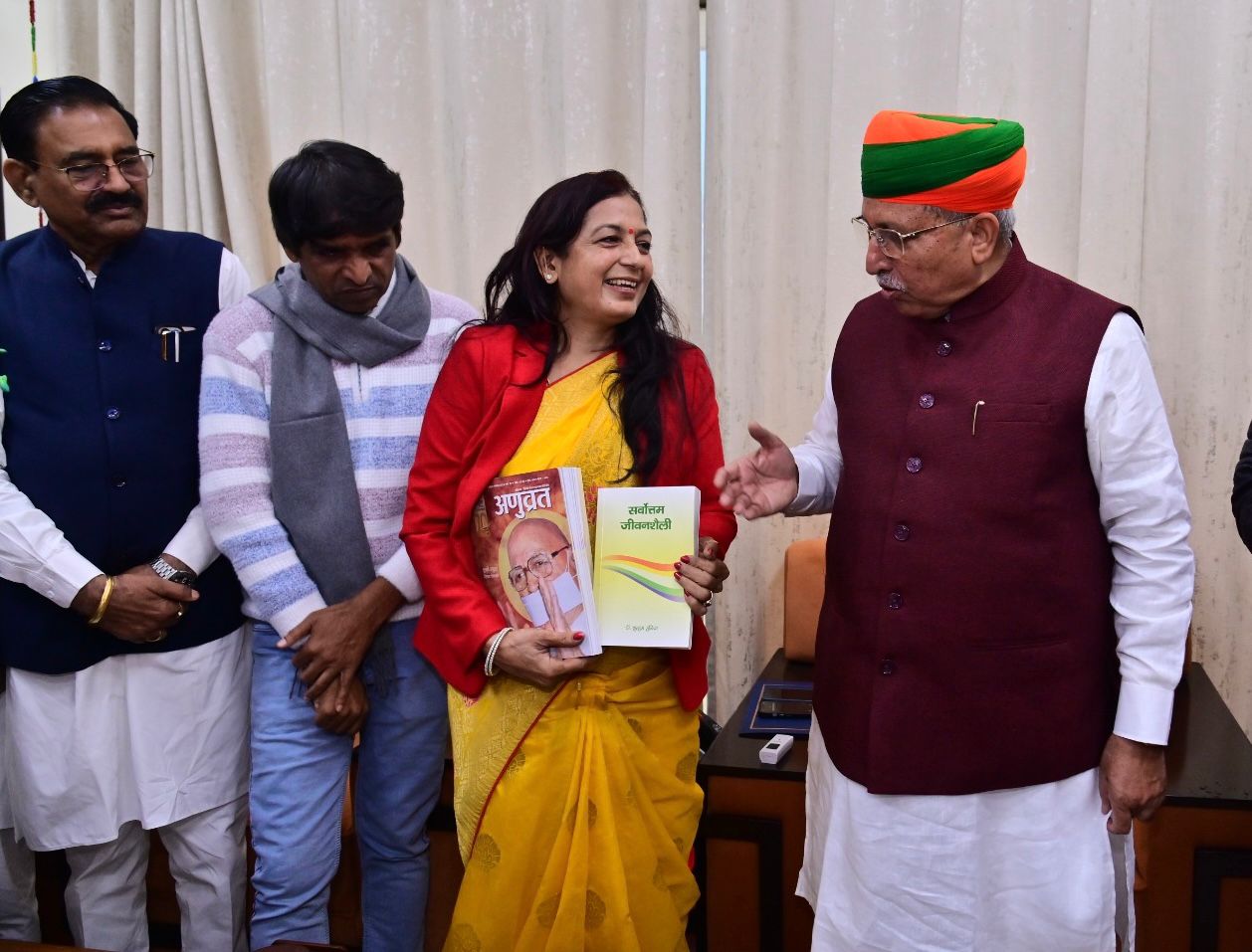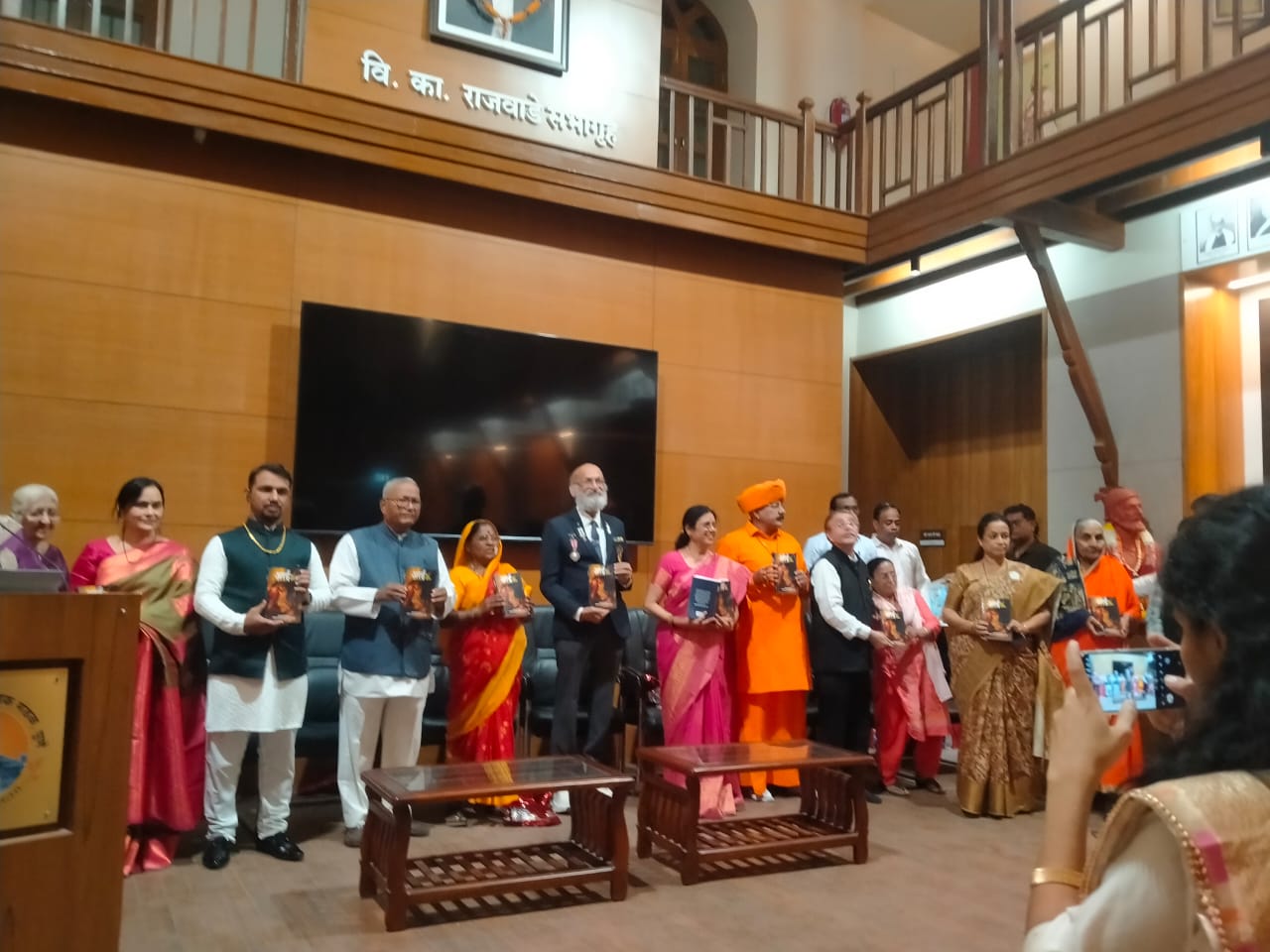In the heartlands of India, maize, once a humble grain used to feed poultry and produce starch is undergoing a quiet but dramatic transformation. Once exported by the millions of tonnes, maize is now the centrepiece of India’s ethanol push, increasingly diverted from food and fodder to fuel. On paper, this shift promises energy security and reduced sugarcane dependency. But beneath the surface, it raises deep and troubling questions about food sovereignty, genetic purity, and the future of Indian farming.
India’s ethanol roadmap is ambitious. By 2025, the government aims to blend 20% ethanol into petrol—a target heavily reliant on maize. Between 2022–23 and 2024–25, ethanol production from maize soared from just 0.8 million tonnes to over 12 million tonnes, according to USDA and domestic data. This surge has driven maize prices up from ₹14,000 to nearly ₹25,000 per tonne. While ethanol producers cheer, the poultry and livestock industries, India’s backbone for protein, are reeling under price shocks and feed shortages.
But that’s just one side of the story. The more dangerous shift is genetic, not economic. Recent findings from the National Institute of Food Technology Entrepreneurship and Management (NIFTEM) shook the agriculture sector: over 15% of maize samples across India tested positive for genetically modified (GM) traits, despite GM maize being banned for commercial cultivation in the country. This silent, illegal infiltration of GM maize into our grain systems is alarming. It threatens not only our biodiversity but also the very sovereignty of our seed systems. India is home to more than 50,000 native maize varieties, each a product of generations of ecological wisdom and adaptation. These indigenous seeds are our shield against climate change and pests. But maize is an open-pollinated crop, highly prone to cross-contamination. A few GM fields can irreversibly corrupt native gene pools, as seen in Mexico, the birthplace of maize, where GM contamination spread despite official bans.

Worse, GM seeds are not just modified, they are patented. They must buy new seeds every season, leading to corporate dependency, rising input costs, and the erosion of age-old farming traditions. The illusion of higher yields often evaporates under real-world conditions. In the U.S., where over 90% of maize is GM, yield growth has plateaued since the early 2000s, while pesticide use and farmer debt have risen. So, why this sudden GM push in India? Industry voices argue that GM maize, especially dent corn, is necessary for ethanol production. But the U.S. Department of Agriculture shows that only 10–15% of dent corn in the U.S. goes to ethanol; the rest ends up as livestock feed or in ultra-processed foods. Labeling GM maize as “industrial use only” is a convenient myth used to normalize its entry into India under the biofuel banner.
Even more concerning is the health risk. GM crops are closely tied to glyphosate, a herbicide classified by the World Health Organization as “probably carcinogenic to humans.” Traces of glyphosate have been found in cereals, baby food, and groundwater in multiple countries. Allowing GM maize into our fields means opening the door to these toxic legacies. There are also global trade implications. Europe, the Gulf, and much of Southeast Asia maintain strict restrictions on GM foods. India’s maize exports, already down to just 450,000 tonnes in 2024 from over 2 million tonnes a few years ago, risk further collapse if our non-GM status is compromised. Recall the 2013 U.S., China maize crisis, where unapproved GM strains led to a billion-dollar loss in rejected shipments. India can’t afford to repeat that mistake.
But there is a better way forward.
India does not need GM maize to meet ethanol targets or rising demand. The Indian Council of Agricultural Research (ICAR) and the Indian Institute of Maize Research (IIMR) have developed non-GM maize hybrids suitable for ethanol. What’s needed is greater public investment to scale these innovations and strengthen farmer support. Equally important is the protection of our biosafety laws. The quiet spread of illegal GM seeds must be curbed with urgent regulatory enforcement. The Food Safety and Standards Authority of India (FSSAI) must introduce robust labeling and traceability standards for maize-based products. Meanwhile, farmers need access not to gene-edited promises, but to real solutions—agroecological practices, better irrigation, improved storage, and fair market prices. A decentralized, non-GM maize certification system can also open premium markets for Indian farmers, capitalizing on the rising global demand for clean, traceable, non-GMO food.
Let us not be fooled by short-term targets or shiny seed tech. The GM maize debate is not about yields; it is about control. Who controls the seeds? The corporations or the communities? Who writes our agricultural future—the patent office or the panchayat? India stands at a historic junction. One path leads to a future of corporate dependency, ecological loss, and eroded seed sovereignty. The other champions self-reliance, biodiversity, and farmer-led innovation. We must choose wisely—not just for our farmers, but for our food, our health, and the generations yet to come.
By Dr. Mamtamayi Priyadarshini- Environmentalist, Social Worker, and Trustee of Prashubhgiri (A Trust for Farmers’ Voices).











